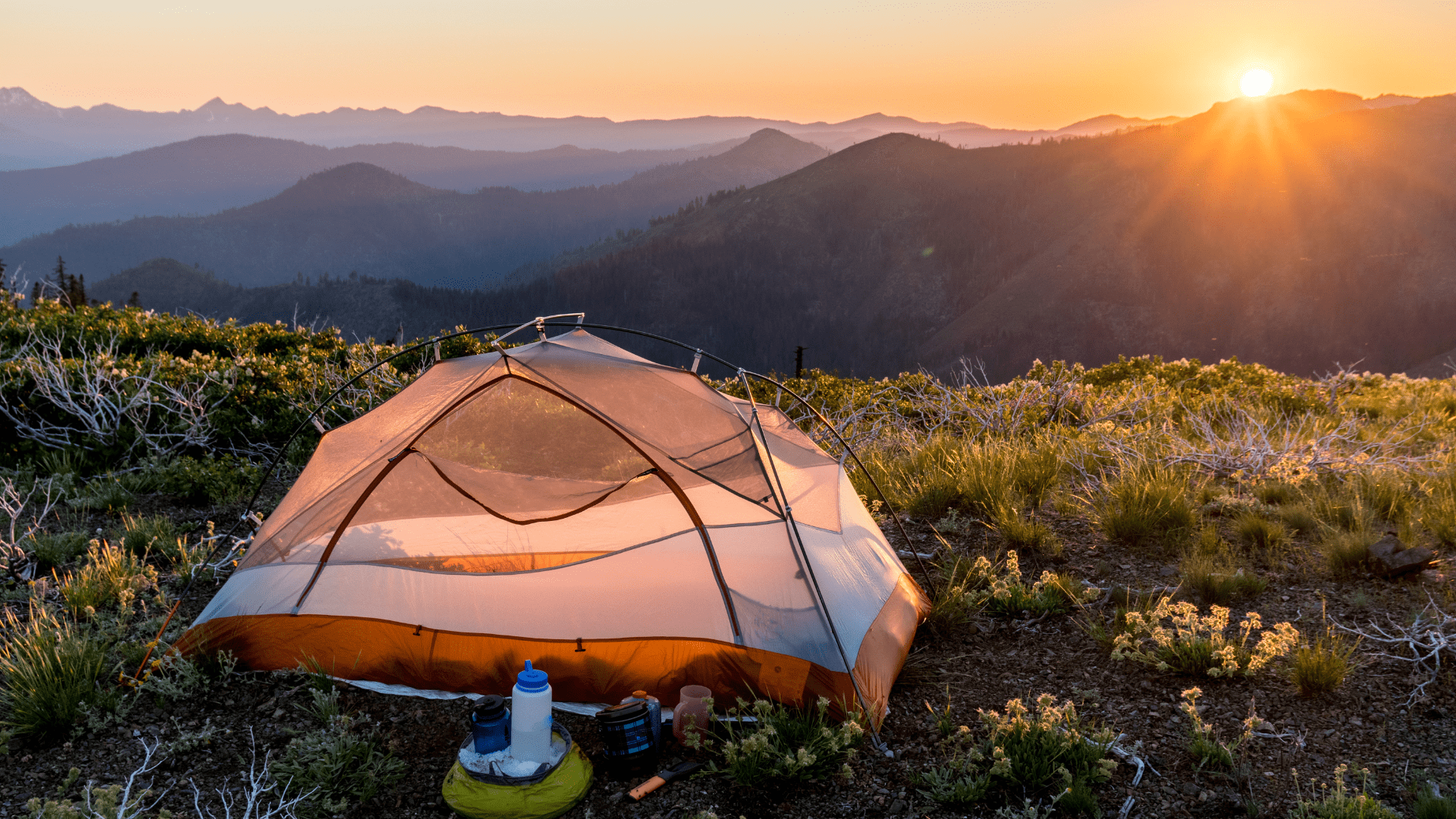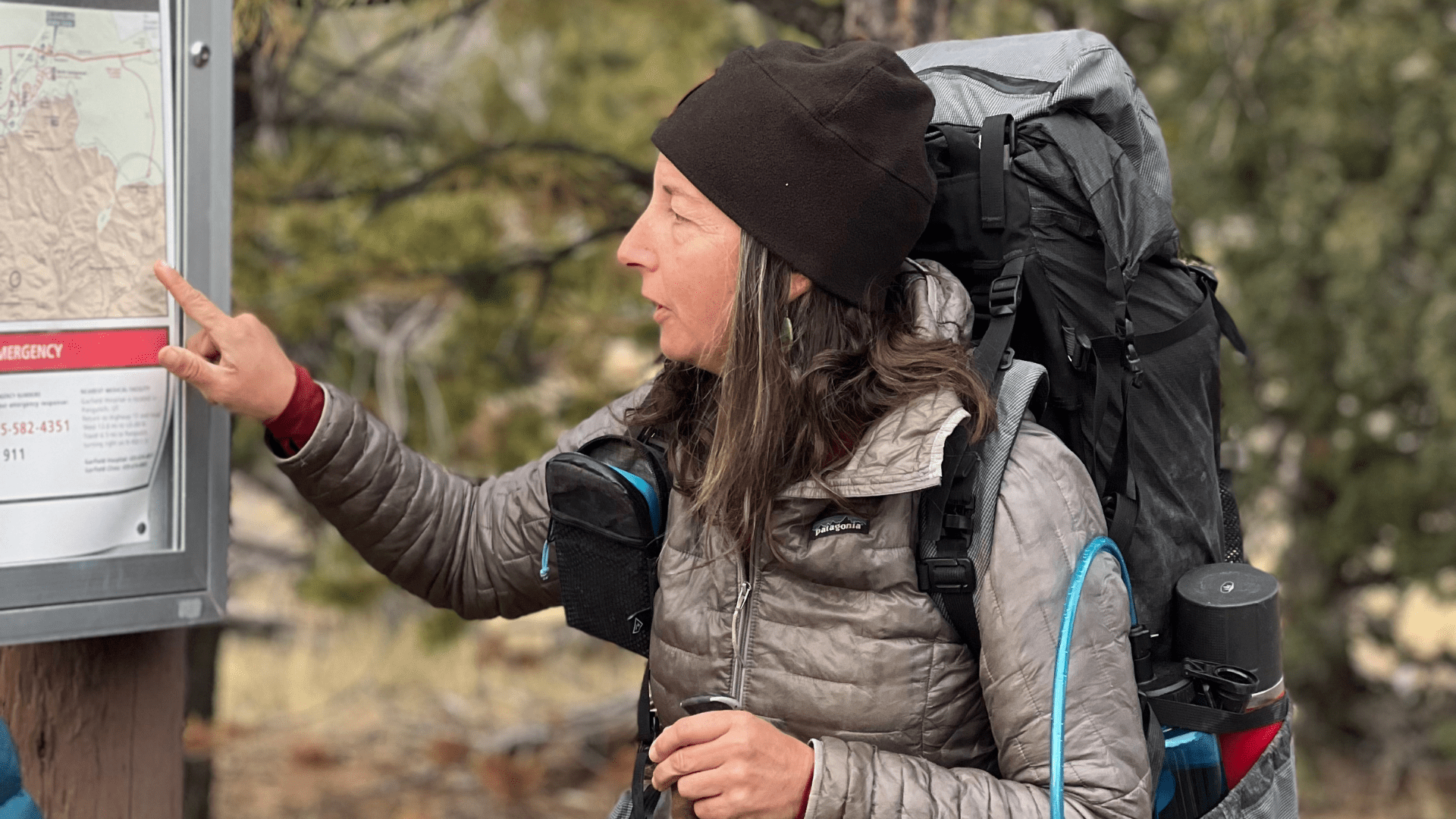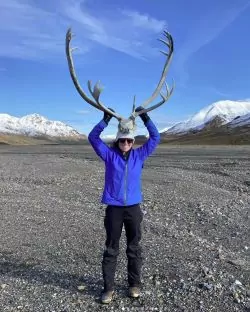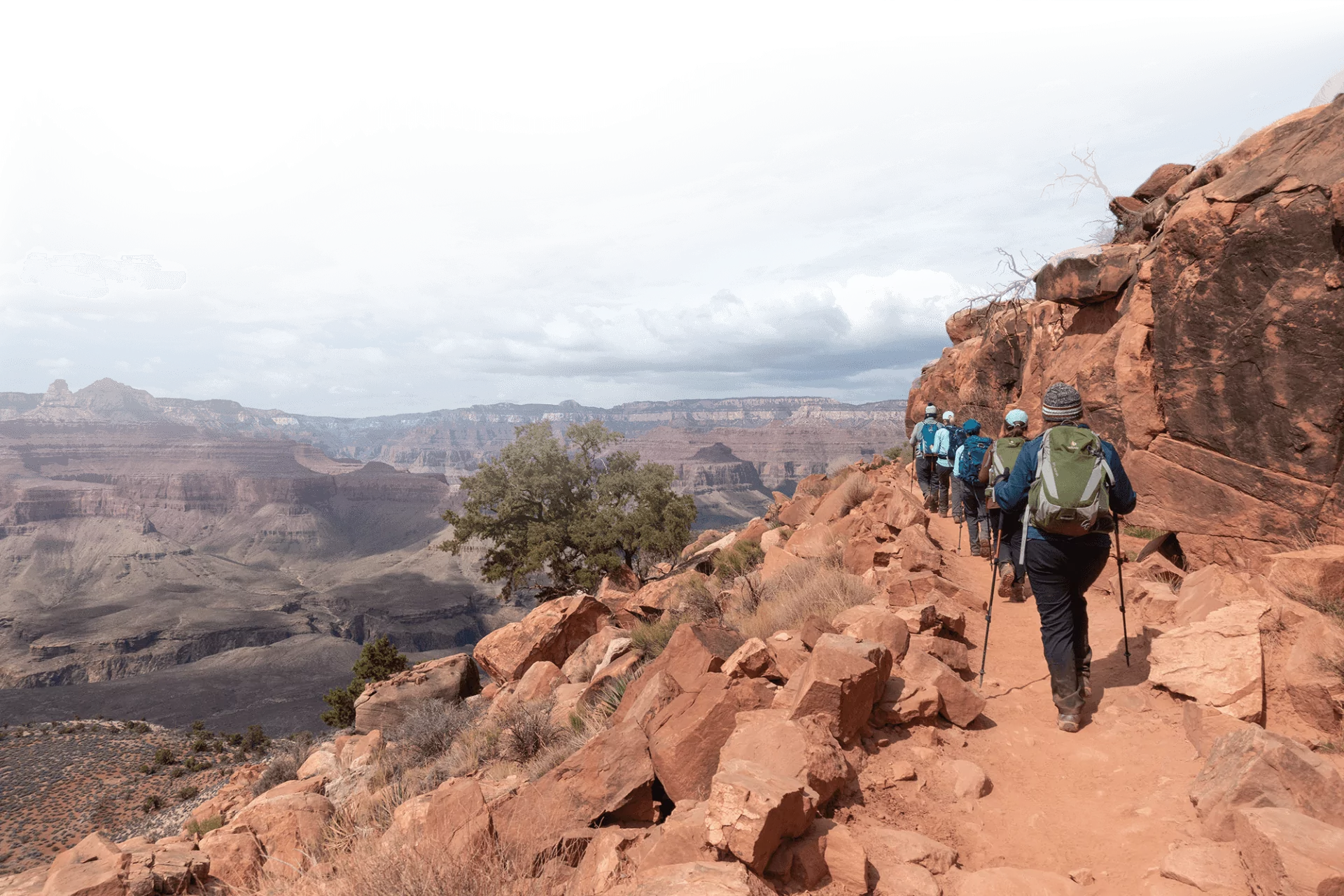What to do after a thru hike
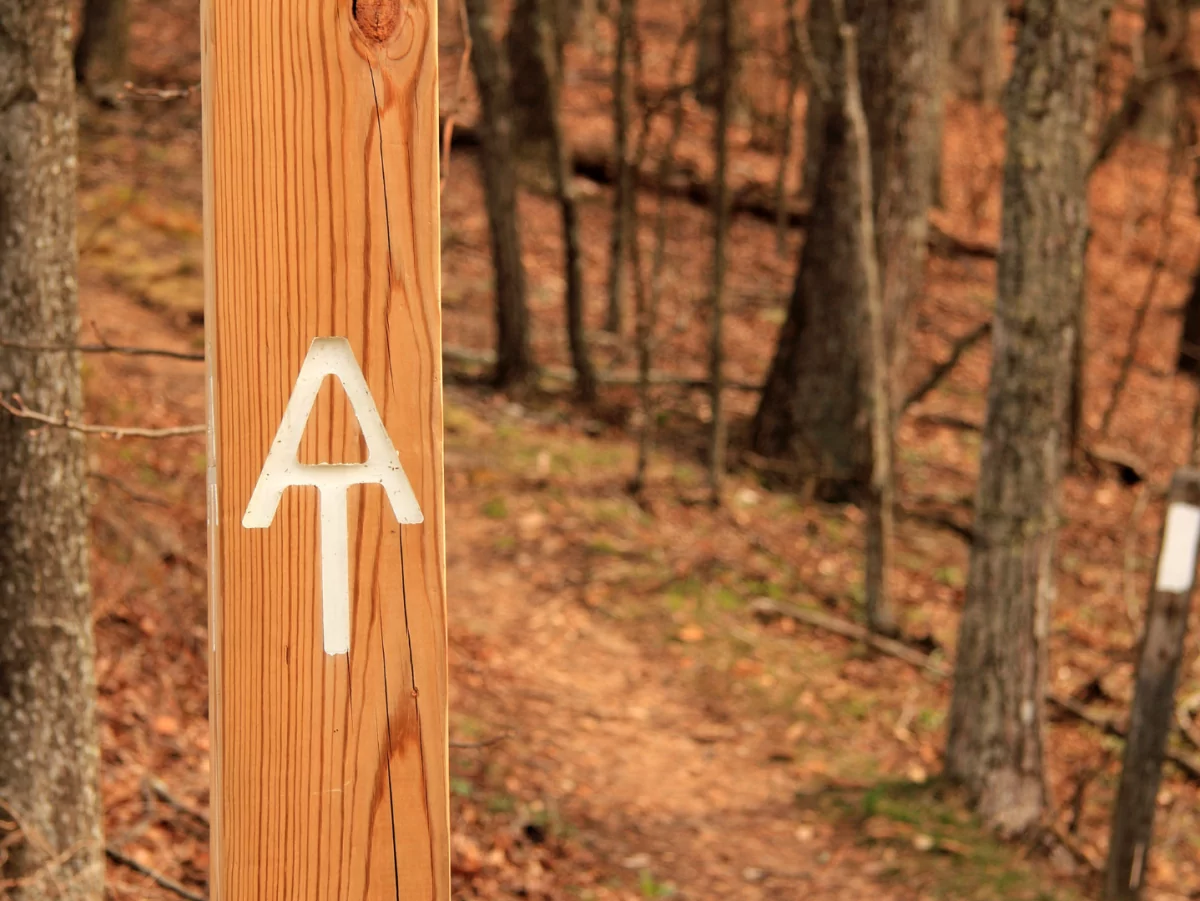
Completing a thru hike is epic and life changing. Popular U.S. thru hikes include the Pacific Crest Trail (the PCT), the Appalachian Trail (the AT), and the Continental Divide Trail (the CDT), although there are hundreds of trails across the globe. A thru hike can take anywhere from a couple of weeks to months to complete and is no easy feat.
Anyone who is willing to charge through the elements for weeks on end, endure blisters, wild animals, difficult terrain, and uncertainty ahead – is, how should we put it? – a badass.
Because of the lengthy time commitment and the physical nature of completing a thru-hike from start to finish, many hikers arrive seeking something: a change, a challenge, freedom, spirituality, meaningful connections, isolation, opportunities for growth, or self reflection.
Days on the trail are tough but simple (wake up, eat, walk, sleep, repeat), and hikers carry everything they need to survive on their backs. The world feels smaller and more real with each step. Time fades away and the only thing that matters is elemental survival. Real world deadlines, bills, politics, clothing, text messages, and creature comforts slip away.
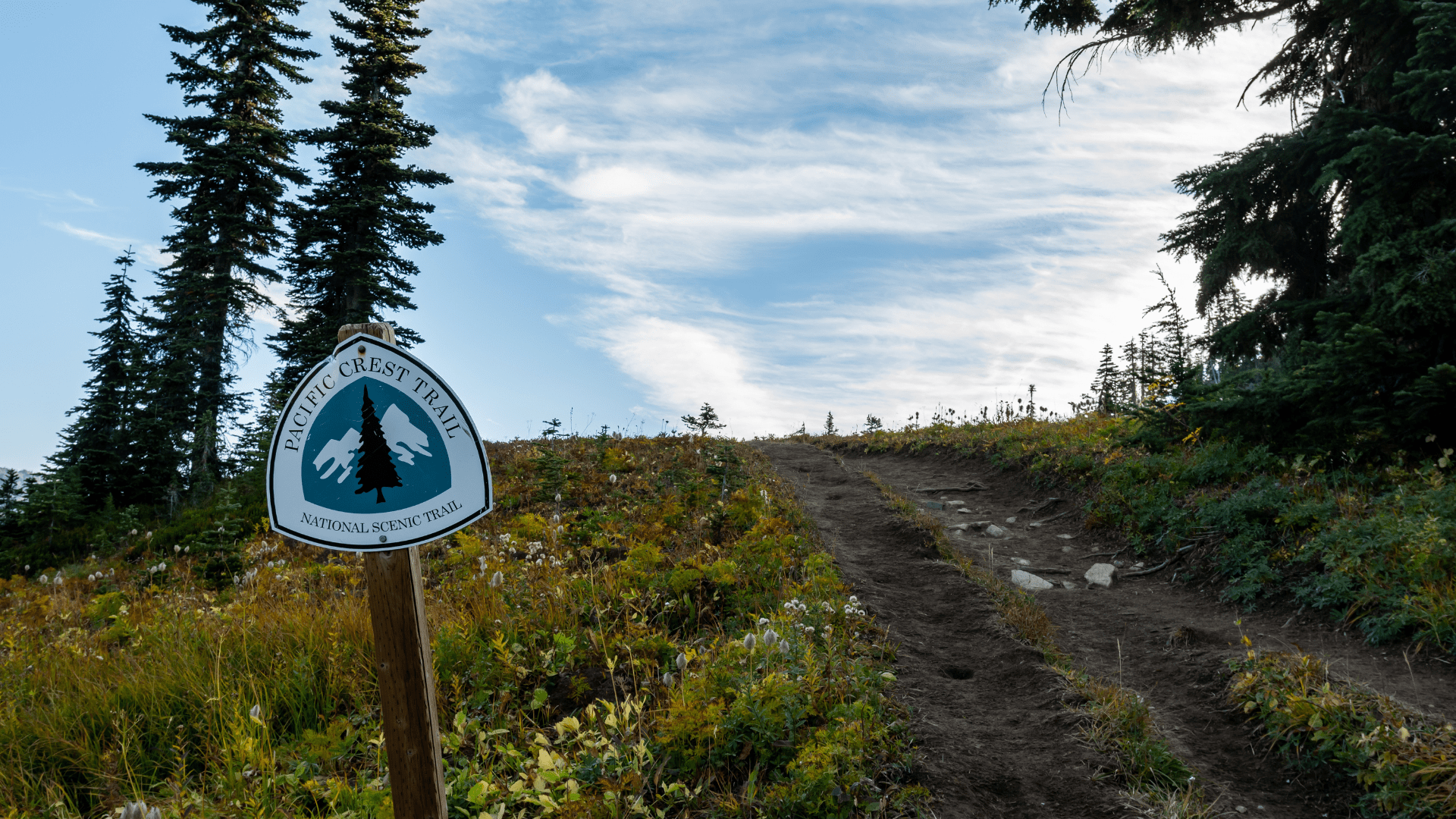
A Change of Pace
For most hikers, everything changes on the trail, and returning home after such an epic adventure is not always straight forward or easy. City lights, honking horns, perfumes, new clothing, rules, politics, and bills come crashing back into reality. Reverse culture shock takes hold. Even old friends and family members can feel different, like they no longer understand who you are.
The hiking endorphins die down, anxiety kicks in, and newly returned thru hikers start to wonder: Who am I now? How can I return to a desk job after that? Will I ever be the same? Should I just go live in the woods?
The good news is you are not alone. This article is for people post thru hike who may find it hard to return to “normal” life after completing a long distance trail. Although returning home is challenging, there are plenty of constructive ways to take positive next steps and honor your new thru hiking self in the process.
what to do after your thru hike
The First few weeks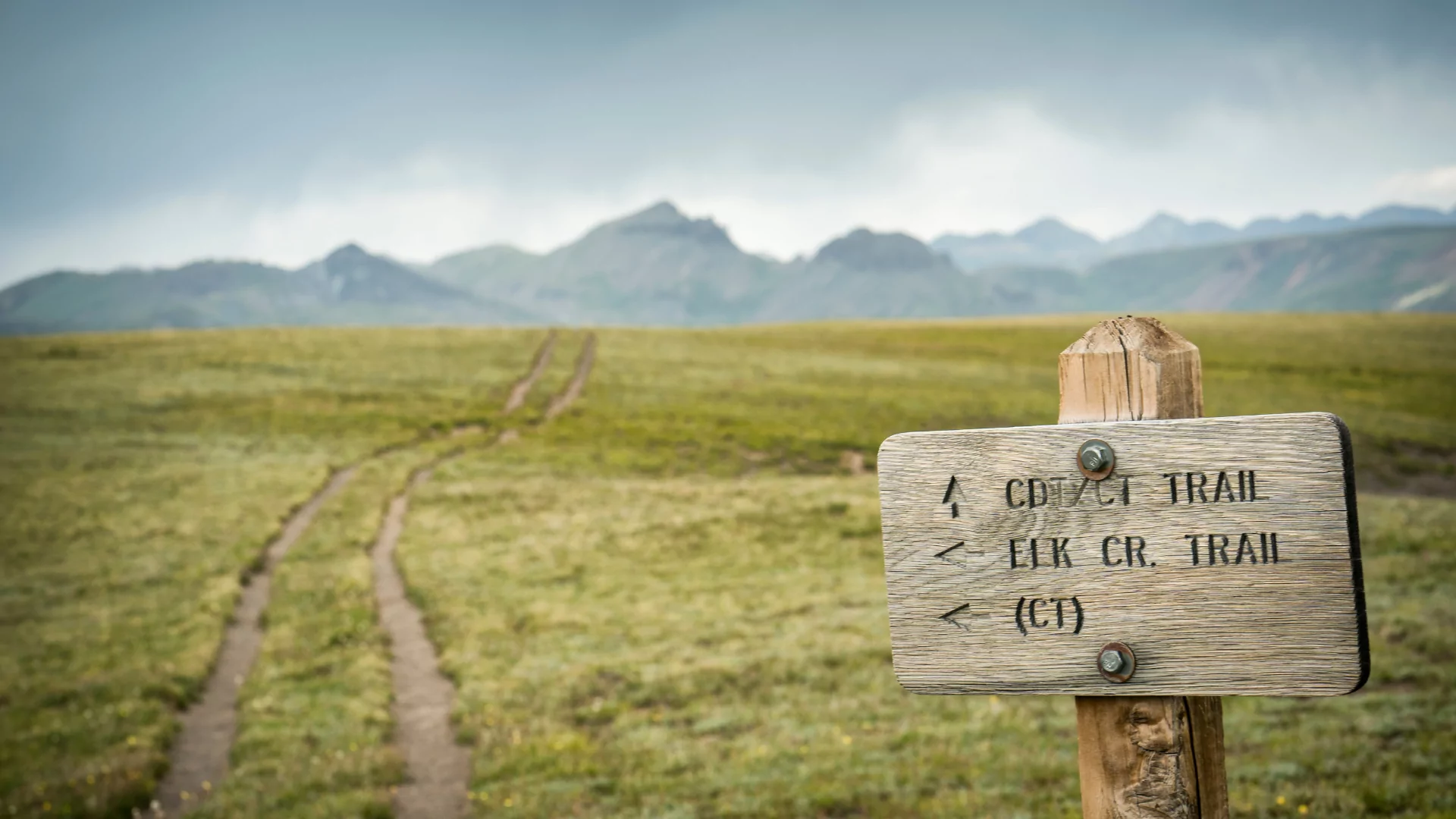
Celebrate!
Make time to celebrate your amazing achievement. Go get that tattoo, send a hundred postcards, frame that map, book a massage, make a photo-collage of your trip, indulge in that ice cream cone (or 20), and tell all your friends about the journey. You deserve it, you awesome athlete. Take up space!
Process how you’ve changed
It’s important to give yourself time to reflect on your journey and to synthesize your new thoughts, feelings, and experiences before returning to the front-country or diving right into the “next” thing. Journaling and meditation can be particularly helpful for this.
Focus on self-care
Your body has just completed an amazing physical and mental accomplishment, and it’s important to give it a rest. Don’t just flop on the couch and forget about the sunshine. Keep up a light walking and stretching routine and make sure you are still moving (gently – with low impact exercises if needed).
Look out for the post-hike blues
It’s not uncommon to experience the blues after the endorphins of your adventure disappear. Keep an eye out for post-trail depression symptoms so that you can address them or seek professional help if they appear. Even if you don’t have insurance, apps like Better Help can offer inexpensive therapeutic options.
Pay attention to your gut
While on the trail, hikers typically opt for easy, on-the-go foods such as dehydrated meals, nuts, bars, and M&Ms. Even though these options pack a powerful caloric punch, they often lack essential nutrients found in leafy vegetables, whole grains, and proteins. Make sure to prioritize your gut health after returning home. An easy way to support your recovery post thru hike is to fuel your body with nutrient rich foods (like spinach. If you want to take a deeper dive to learn how gut health is linked to both physical and mental health (including serotonin levels), check out this podcast.
Resocialize slowly and consciously
After months in relative isolation, returning to the world of coffee shops and cocktail bars can be overwhelming. It might be tempting to go into straight into hermit mode or straight into party mode but don’t do it. It’s important to plan outings with friends but be sure to make conscious decisions about the ways you choose to socialize. For example, if you are overwhelmed by crowds, don’t go to that 1,000-person concert right away. If you are struggling with consumerism, don’t agree to go shopping at the mall with friends. The best way to reassimilate is to ease yourself back in. Start out with social walks around the neighborhood and work your way towards larger gatherings.
Be Prepared for weight changes
Caloric needs change when you’re no longer putting in long miles. Many thru hikers find that they gain weight shortly after returning home. Sometimes it’s needed. And sometimes it’s an unexpected downside. However, it’s nothing to feel bad about. In most cases, weight gain is a natural response to the stressors of constant hiking and the body’s attempt to prepare and repair. If you’re still feeling constant hunger pangs and no longer exercising as much, try fueling your body with fiber-packed foods like vegetables and proteins so that you can still achieve the feeling of being full while not overloading on calories. Please note: we are not nutrition experts, so it’s best to listen to your body and to consult a nutritionist for your unique needs.
Keep in touch with other thru hikers
People who’ve completed a thru hike often return to “normal” life feeling like no one understands them, how they’ve changed, and what they’ve been through over the past several months. For this reason, many thru hikers find it helpful to keep in touch with other thru hikers to reminisce and relate. Facebook groups, group text chains, or local meetups offer good opportunities to connect.
Moving Forward
Plan your next adventure
After you finish the trail, it can be exasperating to receive texts from relatives and friends asking “what’s next?” “when are you doing the PCT?” Ignore, those messages. They only induce anxiety. Instead, wait until you are ready to plan your next adventure, and when it feels right, put it on the calendar. Having an adventure or goal in the future to work towards can be healing and inspire new growth.
Pay it forward
Chances are that you experienced some sort of trail magic during your thru hike. Maybe a stranger offered you a sandwich at the end of a long day or helped you patch your tent before a storm. Maybe a local posted up on the trail and cooked you a hot breakfast or perhaps a local volunteer group handed you a box of new Bandaids right when you had a burning blister. One of the most powerful ways to find joy and meaning after a thru hike is to give back to others. To do this, perhaps send some trail magic to current thru hikers, volunteer with a local trail crew, or offer to take some scouts out for a hike. There are countless ways to give back. Not only will your act of kindness inspire others, it will help you find new meaning and purpose after your thru hike!
Consider careers that align with your new goals
If returning to a desk job no longer feels like a good fit, you are not alone. Many thru hikers return to frontcountry life feeling conflicted about earning money while also wanting to maintain their new trail values. Luckily, there are rewarding careers available for those who want to stay within the outdoor community.
Common post thru hike jobs:
- Wilderness Therapy
- Trail Crew Work
- Peace Corps Work
- Van Build Out
- Fire Crew Work
- Summer Camp Work
- Travel Industry & Hospitality Roles
- Commercial Hiking and Tour Leader Guiding
Wilderness Jobs and How to Get Them
Places to search for open roles:
- Coolworks.com
- Vagajobs.com
- Occupation Wild
- Basecamp Jobs
- The Adventure Travel Trade Association
- Outdoor Industry Jobs
- Our website at Wildland Trekking
Many guides at Wildland Trekking are accomplished thru-hikers, and all of our guides are passionate about nature, travel, adventure, and sharing this joy with others. If sharing your passion for the outdoors with others sounds exciting to you, then becoming a hiking and backpacking guide might be for you.
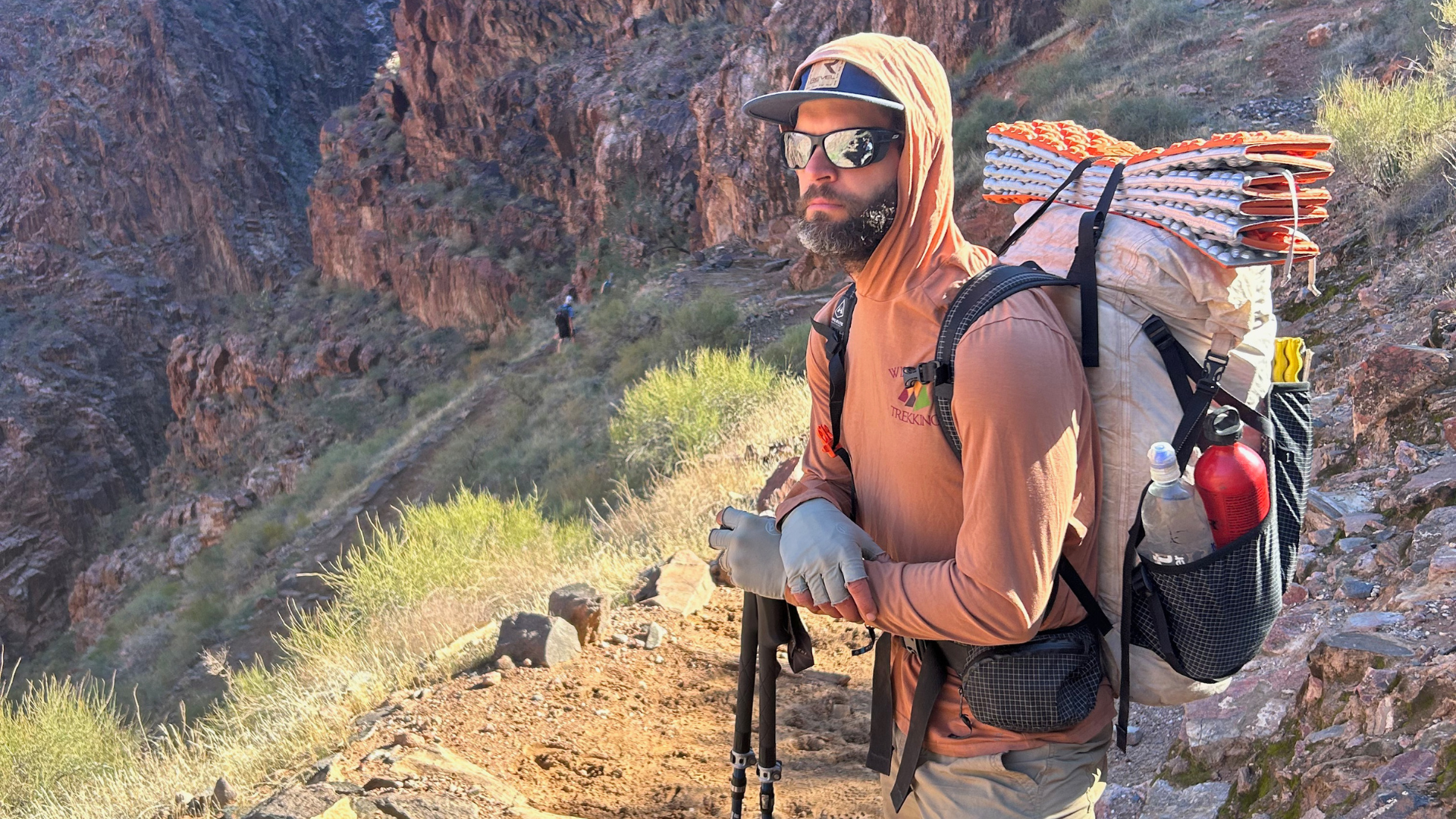
We welcome you to learn more about our day hiking and multiday guiding positions here. Our applications open in the fall each year and remain open until filled (often around February). Come join a community of talented, experienced hikers who understand your journey. It’s your turn to inspire others.



